This story was co-published with Triad City Beat as part of our joint Equitable Cities Reporting Fellowship For Racial Justice Narratives.
It started at a kitchen table more than 15 years ago.
In 2008, Greensboro mother of two Kristy Milholin noticed signs of food insecurity among her daughters’ classmates at Morehead Elementary School. She and her husband, Don Milholin, took it upon themselves to pack up bags of free food for several local families every Friday.
“She went into mom mode. She couldn’t see kids go hungry,” says Beth Crise, who is the president and executive director of Out of the Garden project, the nonprofit that the Milholins founded after receiving increased requests from families in need. Crise took over the organization after the couple retired.
About 26 million meals later, the Out of the Garden Project has grown to be the largest independent, non-governmental food insecurity nonprofit in North Carolina’s Piedmont area, with about 800 monthly volunteers serving more than 130,000 individuals and families annually. Now, Crise is working to increase those numbers by developing new faith-based partnerships to meet the needs of Greensboro’s growing refugee and immigrant communities. The group is expanding its popular Fresh Mobile Markets, a mobile grocery store that offers free produce, meats, bread and shelf-stable items, with an inaugural Refugee Resettlement Market aimed at new arrivals.
The market had its first event on March 22, but it isn’t the first time that Out of the Garden Project aimed its services at new arrivals. Crise recalls they had great success with a similar concept last year.
“We noticed that after that market, they came to us less and less, so we knew we were making a difference and could fill that need,” she says.
Edward Moreno is the head of his household and an immigrant from Venezuela. He attended Out of the Garden Project’s first mobile market aimed at immigrants and refugees and says it was a huge help.
“In my condition, as an immigrant, I don’t have work yet,” he says. “And this helps a lot.”
The market, which serves new arrivals and sponsors, is a touchpoint for Greensboro’s newest residents, but it’s also a safe place to buy culturally relevant foods. In this market, there were two types of rice on offer, which are a staple food for many people around the world. Then there are sources of starches like plantains and yucca, which are important for Caribbean, Latin American and West African cuisines. The market also offers fish and meat, which Crise says many people who maintain a halal diet opt for, although the organization is still looking for a steady supplier of halal meat.
At the launch of their newest market, Crise observed that the food options were welcome as many immigrants came from the Democratic Republic of Congo, Latin America and the North African and Middle East region.
With the help of early Out of the Garden Project volunteer-turned-board chair, Akir Khan, they are finding ways to connect with Greensboro’s growing Muslim population. Khan is a prominent member of the local Muslim community, a mentor for several students at Guilford Technical Community College, and former chairman of the Piedmont Interfaith Council.
“What we found is that it’s always our faith communities that are first to respond,” says Khan, who became involved with the Out of the Garden Project when they were still packing bags on kitchen tables.
“Our oldest relationship is with the Church on 68 and during COVID, it was our faith communities that stepped up.”
Since 2013, Out of the Garden Project has operated out of the Church on 68. The church’s pastor, Whitmand Toland, met the Milholins at a tennis club and ended up offering a portion of the 80,000-square foot space — formerly a furniture store — to the nonprofit.
“It’s funny, I remember walking through the property when we first got it, and I just had this profound vision, like walking into a Costco or a Sam’s Club, that this space would have racks of food,” Toland says. The partnership made that vision a reality.
A decade and a half later, Out of the Garden is still operating from the church. The nonprofit mostly uses the space as a warehouse to receive and store donations, the majority of which come directly from local farmers and producers.
Though its headquarters haven’t changed, they have expanded in other ways: what goes into a bag of food, who receives their services and how those in need access those meals.
Since COVID, Crise has seen more families lining up in their cars for their monthly Fresh Mobile Markets at various locations. But hard data also illuminates the scale of the real problem: childhood hunger.
“Two-thirds of the Guilford County school system qualifies for free and reduced breakfast and lunch,” says Crise. “That data shows the need.”
Crise notes that many of the people receiving their weekly bag of food are on the federal Supplemental Nutrition Assistance Program, which is getting stretched thin with increasing food prices.
“Something we hear a lot is that benefits got cut,” Crise saidsays “We’ve noticed a trend that federal nutrition benefits are just not enough for a month. A lot of the food they can buy isn’t the freshest or the most nutritious. They rely on us because the fresh produce or meat we provide really fills in that gap.”
Although many of Out of the Garden’s initial sponsors for their Fresh Mobile Market have been churches, they’ve since set up regular operations at local schools, community centers and higher education institutions. That’s not out of coincidence. The general public tend to see schools, churches, and community centers as institutions where they can receive help; it’s a logical place to reach a general population.
But many newly arrived immigrants and refugees don’t necessarily see themselves as part of the community quite yet. Greensboro has one of America’s largest populations of asylum seekers and newly-arrived immigrants. With Crise taking over the reins of the organization, she’s on a mission to strengthen ties with various faith communities.
“I felt strongly that we should be more intentional with providing food that is more culturally appropriate,” she says. “That would bring [newcomers] joy, and make them feel welcome. And talking to Dr. Khan, a first-generation immigrant, he was also passionate about doing the same.”
Khan has introduced dozens of volunteers from the Muslim and refugee community to the nonprofit, like 20-year-old Sameer Qureshi. A basketball player for Guilford Technical Community College and a child of Pakistani refugees, Qureshi was an Out of the Garden Project’s summer intern. He liked the work well enough, but the job also put his family’s story in perspective, specifically his mother’s journey as a refugee.
“She doesn’t talk about her struggles a lot; she only wants to support me,” Qureshi said. “Just seeing the refugees, and seeing her, I kind of learned from her without her having to tell me.” The work emboldened him to do something beyond just his internship.
Qureshi decided to get his whole team on board to help raise $1,000 to co-sponsor a new Refugee Resettlement Market in May.
“As student-athletes, we can do something more,” said Qureshi.
“In different churches who are also serving as food banks, they can reach their constituency just fine, but it’s not always about giving people the food they need to survive, but the food they’re familiar with,” Crise said. “We’re not just giving people aid, but helping them celebrate with foods that are culturally appropriate.”
Khan says this market is just the first phase in including more faith communities in the mobile market system.
“Whether you’re from the Christian community, Muslim, Jewish, Buddhist, Baháʼí, Hindu, agnostic, atheist, Sikh, it does not matter,” Khan said. “The common cause is eradicating childhood hunger.”

Marielle Argueza is Next City’s Equitable Cities Reporting Fellow for Racial Justice Narratives in partnership with Triad City Beat in Greensboro, North Carolina. Formerly Next City's INN/Columbia Journalism School intern for Summer-Fall 2022, she’s a journalist with more than a decade of experience reporting on education, immigration, labor, criminal justice, climate and more. Her work in K-12 education is award-winning and she was recognized multiple times by the California News Publishers Association. She is a recent graduate of Columbia Journalism School, where she was Toni Stabile Investigative Fellow. Her work includes a story on Harlem’s last assisted-living facility for people living with HIV/AIDS; a profile on New York State’s first Farmers Union; and a database of deaths within the Milwaukee County Jail. She is also a recipient of other fellowships and scholarships from several notable organizations within the news industry including the Asian American Journalists Association, Association of Alternative Newsmedia, ProPublica, and the Journalism and Women Symposium.

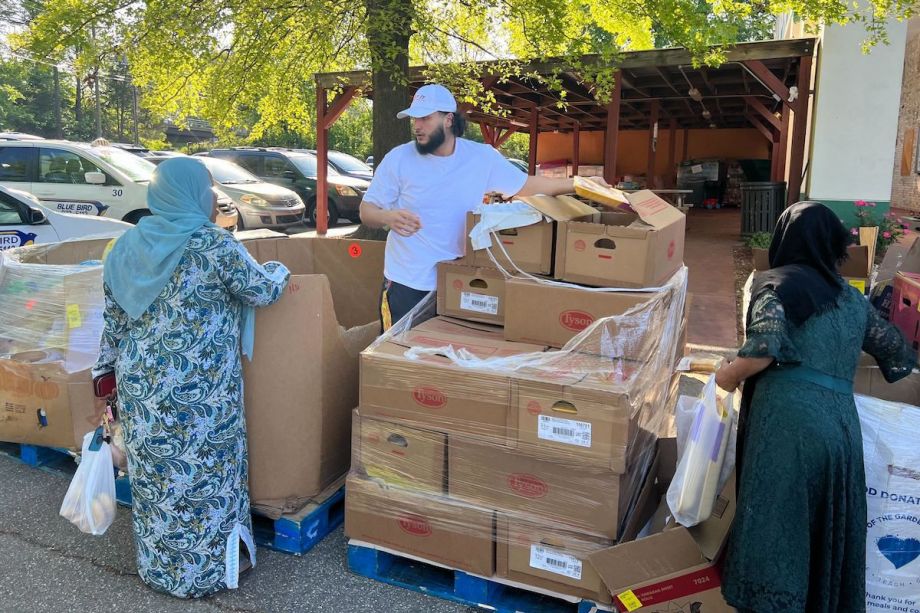

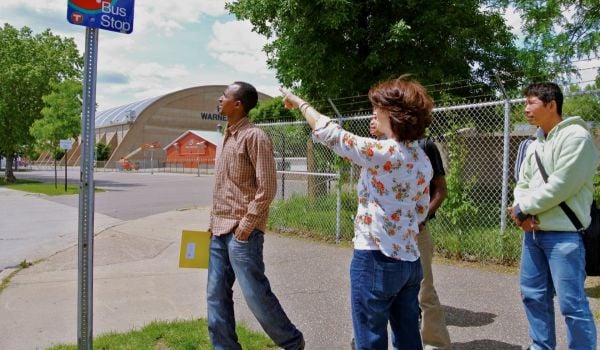
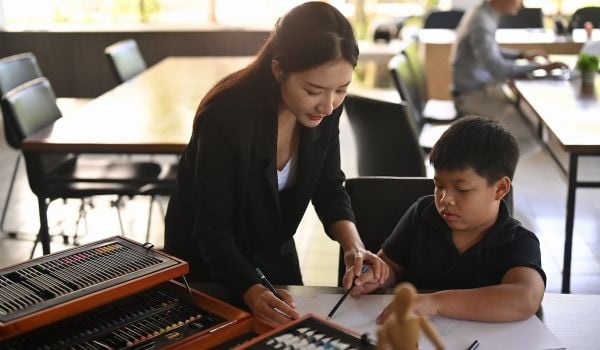
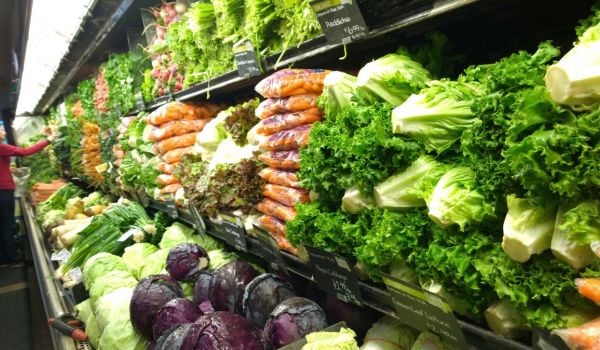

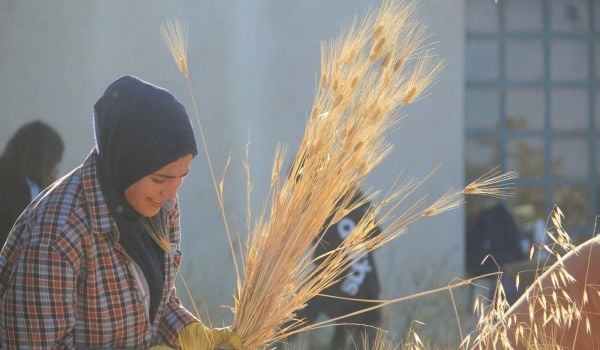
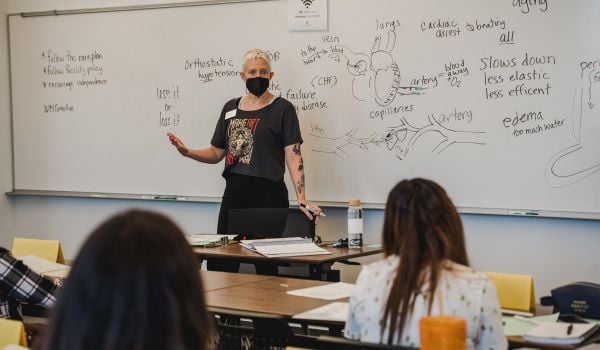
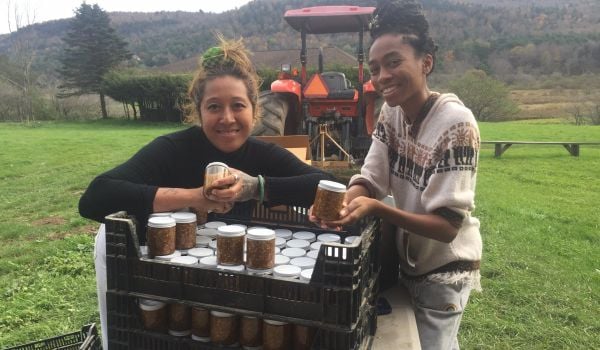







Add to the Discussion
Next City sustaining members can comment on our stories. Keep the discussion going! Join our community of engaged members by donating today.
Already a sustaining member? Login here.